Party People
Recipes for the cookshops of anti-neoliberalism.

(Personal Democracy / Flickr)
Recipes for the cookshops of anti-neoliberalism.

(Personal Democracy / Flickr)
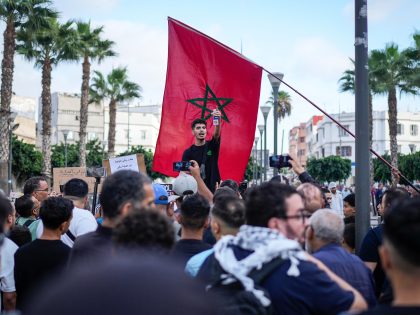
As Morocco prepares to host AFCON and the 2030 World Cup, a decentralized youth movement is demanding real investment in public services over sporting spectacle.

In outsourcing the act of writing to machines trained on Western language and thought, we risk reinforcing the very hierarchies that decolonization sought to undo.
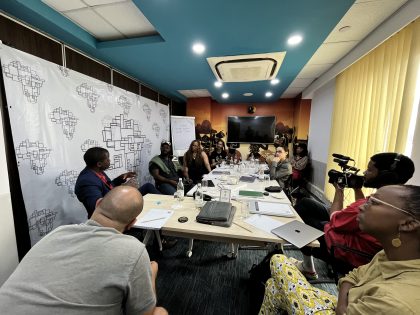
At our first workshop from our festival in Nairobi, The Elephant’s Joe Kobuthi, reflected on a year since #EndFinanceBill.
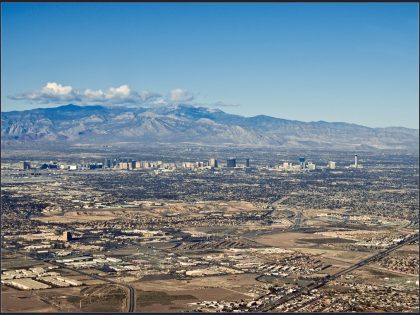
A reflection on traveling through the globalized walled city.

The passing of the pioneering South African writer and critic leaves behind a body of work that challenged racial mythologies, unsettled identity politics, and grounded transhistorical vision in the particulars of place.
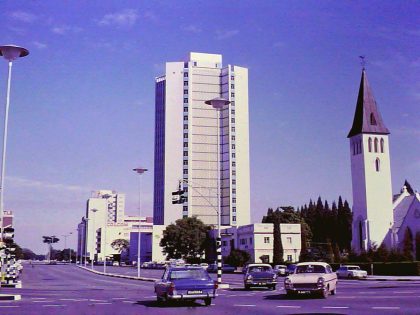
The writings of Edson Sithole, Zimbabwe’s forgotten nationalist thinker, reveal both the promise and perils of pan-African politics in the independence era.
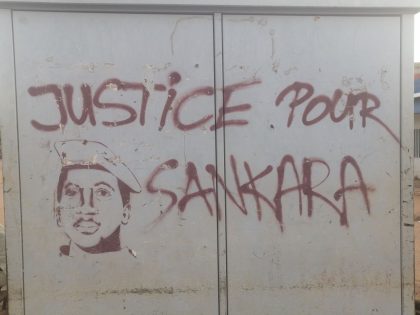
Thirty-eight years after Thomas Sankara’s assassination, the struggle for justice and self-determination endures—from stalled archives and unfulfilled verdicts to new calls for pan-African renewal and a 21st-century anti-imperialist front.
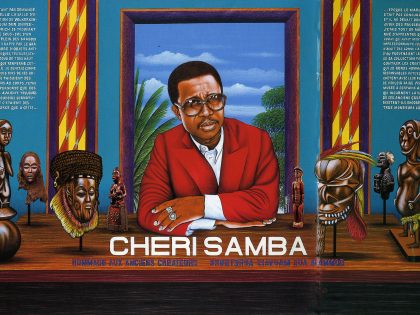
Across five decades, Chéri Samba has chronicled the politics and poetry of everyday Congolese life, insisting that art belongs to the people who live it.

The apparel brand Drip was meant to prove that South Africa’s townships could inspire global style. Instead, it revealed how easily black success stories are consumed and undone by the contradictions of neoliberal aspiration.
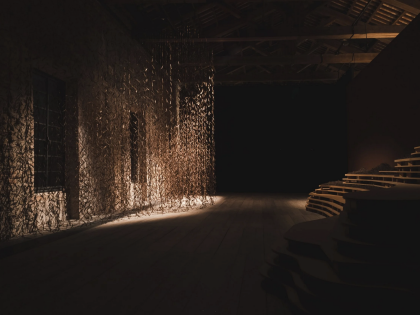
MADEYOULOOK’s ‘Dinokana’ debuted at the 2024 Venice Biennale. Now back home, Molemo Moiloa and Nare Mokgotho reflect on sound, place, and why their work is always meant for South African audiences first.
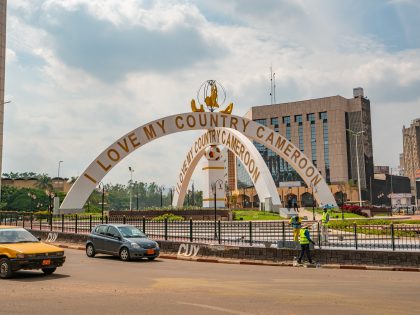
The outcome of the October 12 elections may make or break the resource-rich Central African nation.
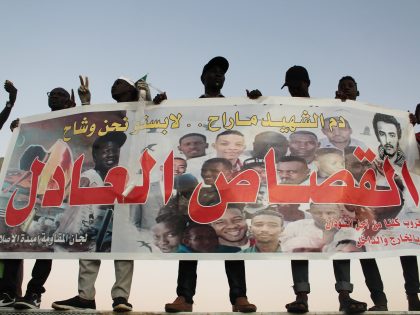
From Sudan to Toronto, a revolutionary poem echoes across time, showing how people’s movements confront militarism, mining, and imperial order with the enduring force of collective struggle.
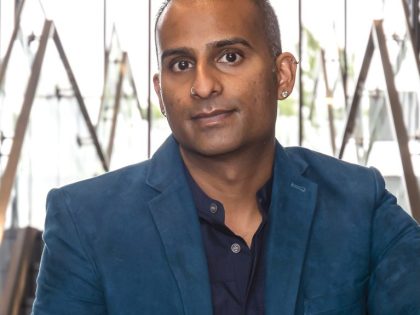
South Africa’s visual culture reveals that its racial categories were never fixed, while the history of indenture complicates the terms of solidarity and exclusion.

What does it mean to imagine a city with no fixed essence, only shifting histories and unstable forms of power?
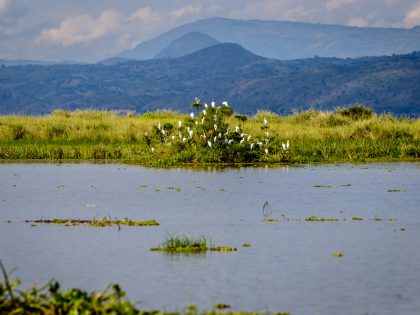
Behind the fanfare of the Africa Climate Summit, the East African Crude Oil Pipeline shows how neocolonial extraction still drives Africa’s energy future.

Rungano Nyoni’s latest film challenges audiences to confront the collective complicity that sustains abuse.
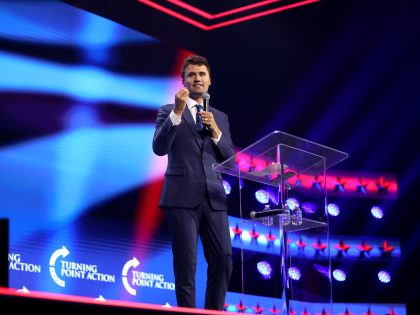
Charlie Kirk was not a household name in South Africa. Yet, as evidenced by the local outpouring of grief that followed his death, South Africans must confront the truth: his ideas were already at home.
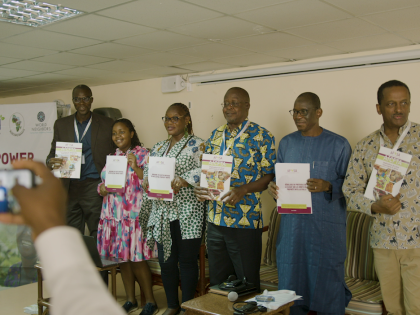
A new movement is challenging the financial stranglehold of agribusiness and foreign lenders, arguing that Africa’s future lies not in extractive monocultures but in agroecology, sovereignty, and collective resistance.
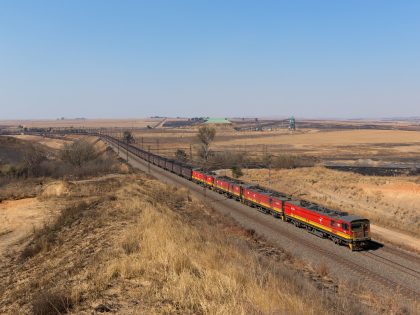
A Johannesburg-Cape Town high-speed line could turn apartheid’s corridors of extraction into a green spine of connection, industry, and justice.
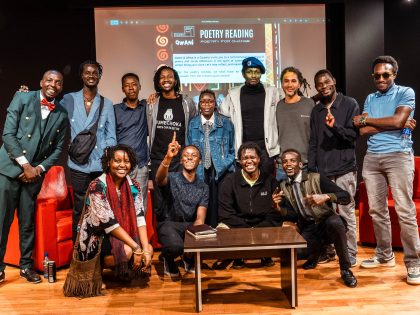
From rooftop beginnings to open mics that echo on the streets, Kenya’s newest literary collective shows how art can archive struggle and energize dissent.